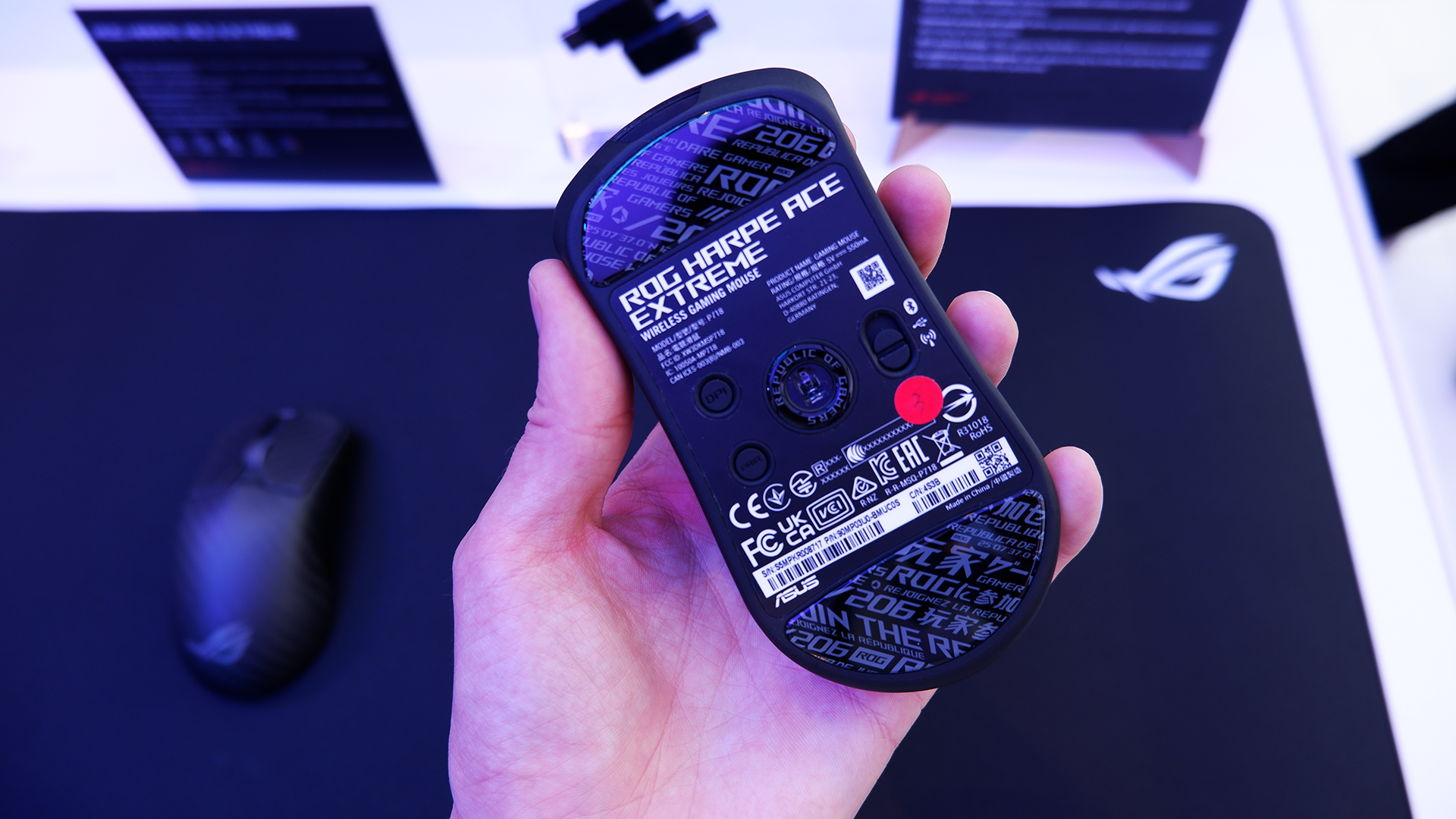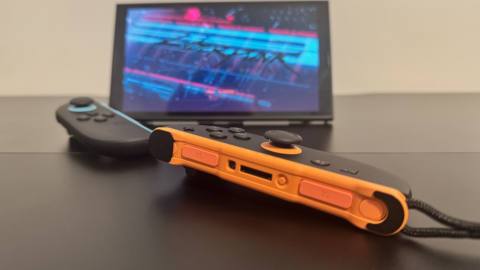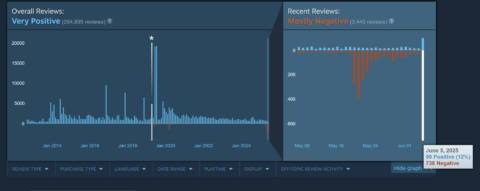47 grams. That's the benefit of using carbon fibre with the new ROG Harpe Ace Extreme gaming mouse: it weights next to nothing.
A carbon fibre composite shell has helped the Harpe shed some of its weight, down from 54 grams on the standard Harpe Ace. It's only been polished, not painted, for maximum weight loss and supremely good looks—there's nothing like the look of bare carbon.
Asus' Eason Lee says the process requires “crafting them from individual pieces of carbon fibre and precisely aligning the weave the rest of the shell to create the most appealing look.”
“Unlike others, we are steadfast in our decision not to put holes in the mouse for the sake of weight,” Lee says.
The mouse shape is the same as the previous wireless Harpe Ace gaming mouse. Though there are a few other notable features.
The Harpe Ace Extreme is a wireless mouse, via SpeedNova. It also comes with the ROG Polling Rate Booster: a big dongle—a huge dongle, the biggest—able to deliver 8,000 Hz polling over a dedicated 2.4 GHz connection.

I'm yet to experience any notable benefits to 8 KHz polling on other gaming mice. Asus touts improved performance with high refresh rate gaming monitors as the primary benefit, as it is able to eliminate micro-stutters. Like I say, I'm yet to see it or feel it myself. However, if you're the type to buy a carbon fibre gaming mouse, you probably want the biggest number on the box regardless of utility, and this is a big number—a huge number, the biggest.
Similarly, the ROG AimPoint Pro sensor in the Harpe Ace Extreme is rated to 42,000 DPI, which is another big number for a big number's sake.

The Harpe Ace Extreme is absolutely gorgeous in-person, as I found out at a recent event at Asus HQ where I had a chance to give it a whirl. It scooches around a smooth desktop with ease, thanks to its Gorilla Glass 3 pads, and I do really like the feel of it in hand.
The one piece of important information I haven't been given by Asus just yet is the price. Though it won't be cheap. The standard Harpe Ace is around $130—I'd bet the carbon fibre shell would easily add another $70 to that price tag, if not more.
We'll find out the final price closer to launch, which is set for sometime in Q3, 2024. So, likely towards the end of the summer.






